The Future of Data and The Trust Economy
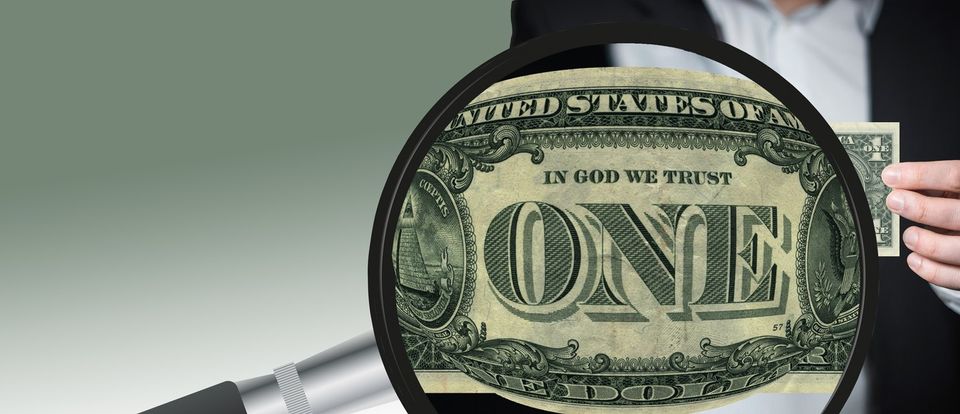
In Our World Today
The economic importance of "trust" cannot be overstated. Amongst numerous sources, some incredibly interesting analysis by Our World in Data evidences a "very strong positive relationship" between the wealth of nations and trust!

But, who can we trust with our data? While a lot of our attention has at times been consumed by such high profile situations as the Cambridge Analytica data breach, our data expands much beyond Facebook likes and Twitter tweets. Our data defines us. Our data confirms who we are, where we live, where we go, how much money we have, what we own and even the people we care about.
On the one hand, personal data (such as to do with who we are and who our friends or loved ones are) has never - in history - been so easily accessible. Such data would previously have been locked into little silos (such as our diaries, address books, filing cabinets or similar). But, this new and emerging data age goes even further from and beyond that. Data that, arguably, may never have been expressed before - such as our thoughts, intentions, emotions, beliefs, our likes and our fears - are captured and processed at rates never previously known to man (or woman).
And it is the creation, capture, collection and conversion of these new data assets that forms the foundation of a new data economy. In this new economy, an organisation's value no longer solely lies in the products and services that they can offer (today), but in their ability to continuously improve consumer experience to retain loyalty (tomorrow).
On the other hand, respected commentators - such as Rachel Botsman - have recently focused a lot of attention on trust and its pertinent importance for the emerging economic revolutions of our time.

Her TedTalk on collaborative consumption and reputation capital discuss how the data that enables the creative connection of you and me - on platform forms such as Uber and Airbnb - is inadvertently creating a trust denominated currency.
Whilst trust is by no means new, perhaps an area of notable change is in the shift from its harder face (such as might have been focused around the accuracy of financial numbers) to a much softer face (as may concern such elusive notions as reputation, credibility, influence and status).
With research suggesting organisations typically lose over 5% of their entire market value within the first 5 days of a "trust" damaging "data" leak or hack, with the data that flows through the veins of the world's cryptocurrencies (such as BitCoin) underpinned by the decentralised "trust" network which is BlockChain (in effect creating cash-like "tokens of trust" that can be exchanged for financial value), and with both international regulators and global financial leaders convinced that the timely availability of trusted data is not only "a key step" but "an important step" for mitigating the risk of global financial systemic failure, the link between "trust" and "data" cannot be over emphasised.
And it is this intrinsic connection - between "trust" and "data" - that led the CEO of Gigya, Said Patrick Salyer, to suggest that, “if data is the new oil, then trust is the ultimate currency that drives this new data economy.”
In Our World Tomorrow
Imagine waking up in the morning to your preferred high energy music from the futuristic Vobot sMart Alarm Clock - with the weather and traffic situation read to you as you lazily peal yourself off your bed and sleepwalk into the shower. Imagine sitting down to your first cup of coffee whilst the intelligent Amazon Echo Spot reads you pertinent news - after having ensured that your sMart Nest Learning Thermostat has the living room heated to the perfect temperature and having already orders your Uber taxi. Imagine settling into your driverless Uber - where your preferred newspaper and bottle of sparkling water await - just as an alert on a Ring sMart Security Camera alert on your sMart phone confirms an Amazon drone delivery into your back garden and your Garmin Fenix sMart Sports watch reassures you of your gradually improving stress levels. Happy days?
But, every one of these interactions is powered by artificial intelligence, robotic automation, machine learning, the internet of things (IoT) and/or blockchain. And, every one of these interactions was enable by data - which is in cases personal or sensitive. And, every one of these interactions increasingly requiring entrusting you valuable data to a third party managed service - and by implication to a third party organisation.

And so, in our future world - which is not only set to be fundamentally driven by data but to be increasingly infiltrated by artificial intelligence, robotic automation, machine learning, the internet of things (IoT) and blockchain - the emerging battleground for competitive advantage is undoubtedly going to be underpinned by trust.
So, what do all these imply - for the future?
Perhaps some big questions then are, "how must organisations necessarily change in order to, not only survive but, remain competitive in a radically transforming economic landscape?", "what must we do to ensure that, when the dust settles, we remain on the winning side - of the ferocious battlefield set to substantially redefine the world as we know it?", "would those organisations that win the broadest trust - of not just customers but employees and stakeholders - emerge the outstanding titans of the nouveau economic order?", and "who can we ultimately trust with our most fundamentally priceless data assets?".

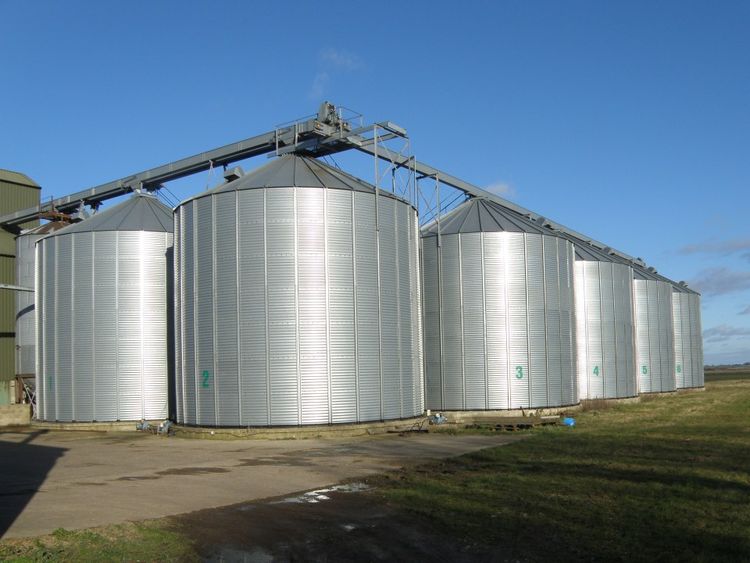
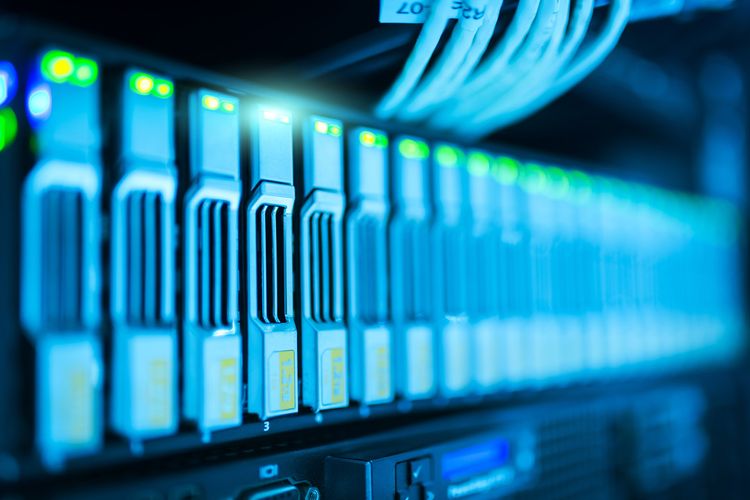
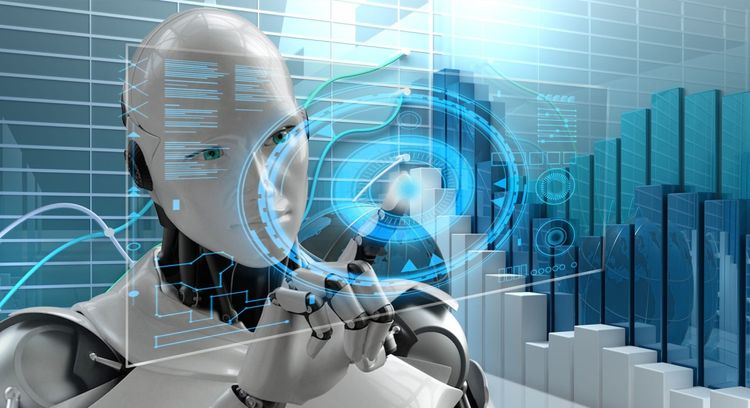
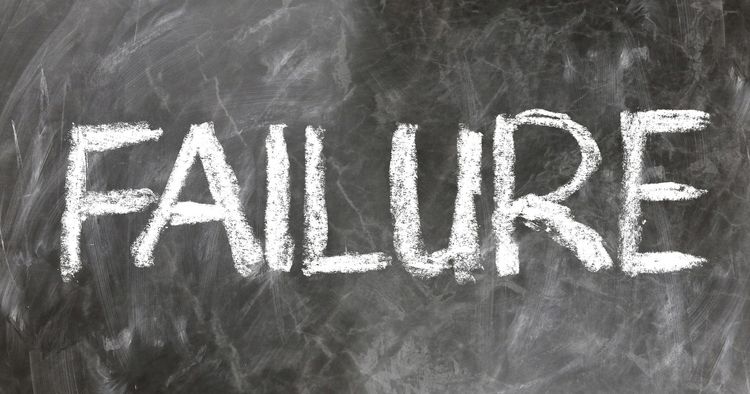

Member discussion